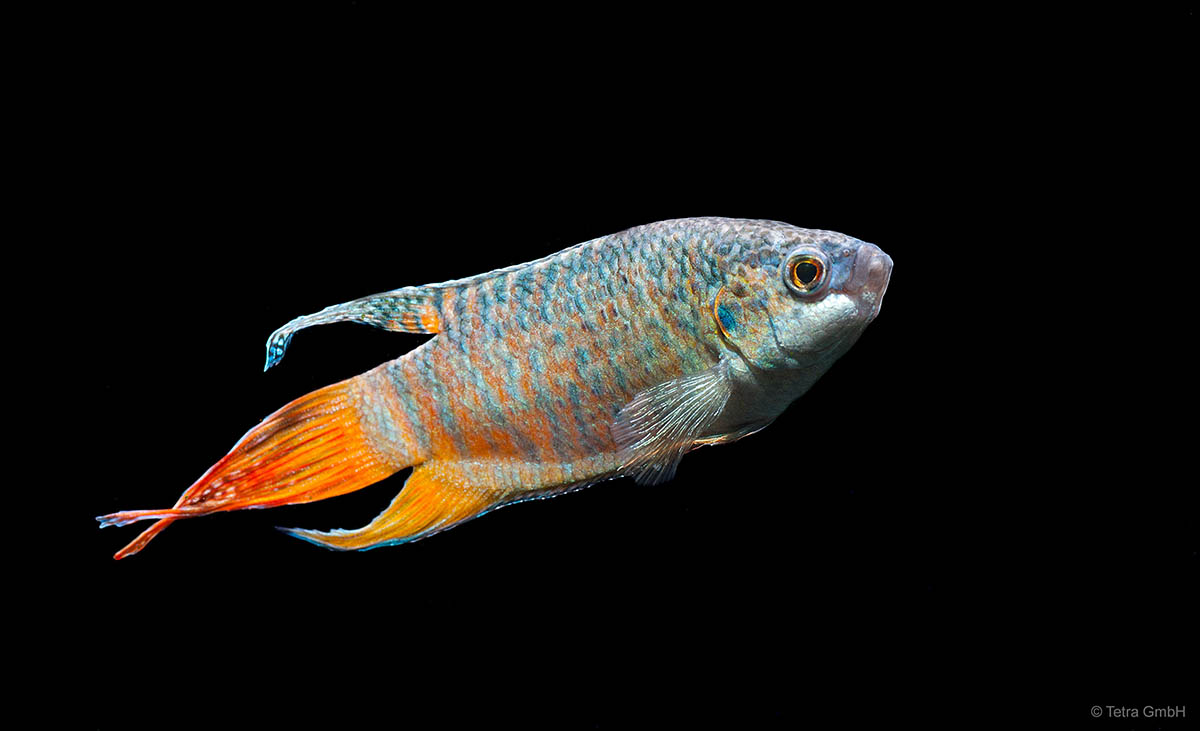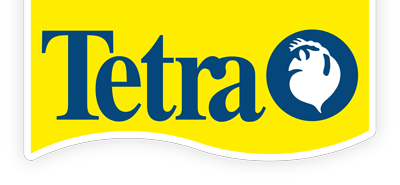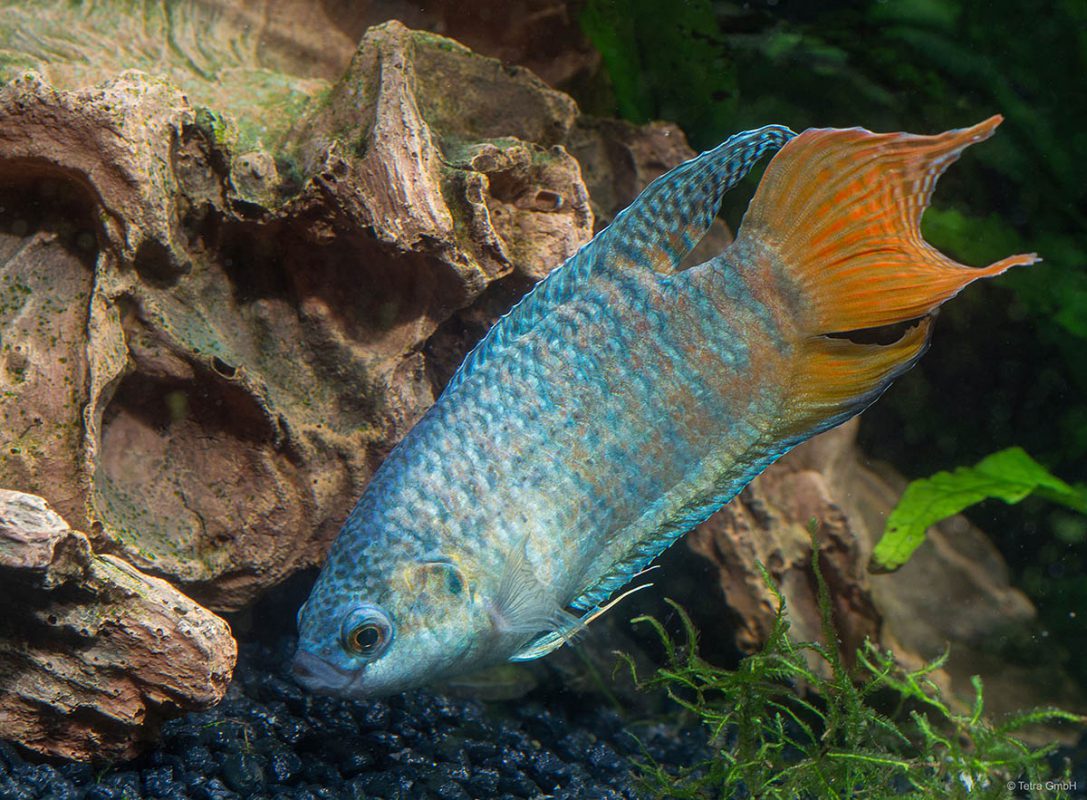Characteristics & Origin
Peștele Paradis a fost primul pește tropical ornamental introdus în Europa, după Goldfish. Nu doar că se numără printre peștii cei mai frumos colorați, dar se pare că este și una dintre cele mai rezistente specii de pești de acvariu. Dungile verticale de culoare albastră care îi brăzdează corpul brun-roșcat este o particularitate a acestuia, în mod cert una extraordinară.
Macropodus opercularis ete originar din partea de Sud a Chinei și Nordul Vietnamului, unde preferă apele stătătoare, bălțile, orezăriile, zonele mlăștinoase aflate în apropierea marilor râuri. Se simte foarte bine în apele care sunt lipsite de curenți. As paradise fish are labyrinth fish, they are also able to breathe atmospheric oxygen. If kept correctly, they can live for up to 10 years. Male paradise fish can grow to a length of up to 10 cm thanks to their wide, pointed dorsal and anal fins. The females remain far smaller with a maximum length of just 7 cm. Females are also slightly paler in colour.
Aquarium and water
The aquarium should have a volume of at least 100 litres. We recommend a water temperature of 18 to 26°C. This makes it possible to keep paradise fish at room temperature without heating. The aquarium water should ideally be slightly acidic to alkaline (pH value: approx. 6.0 – 8.5). A medium hardness level (GH value: approx. 5 – 19°dH) is also frequently recommended, but these fish can also be kept in softer or harder water.

Keeping conditions
Macropodus opercularis should ideally be kept in pairs. Even through the males can be very territorial, they are generally regarded as peaceful fish that are well-suited to large community tanks. They mix particularly well with loaches and Asian barbs. Keeping two or more males is not recommended as they would fight with one another. Paradise fish tend to prefer the upper regions of aquariums.
Planting and decoration
This species prefers dense vegetation in aquariums. The addition of several floating plants is also recommended as they act as an anchor for the Macropodus opercularis when they build their foam nests. Caves and roots should also be used to provide the fish with places to hide.
Diet
Paradise fish are omnivores but prefer smaller types of food like Tetra Micro Crisps or even TetraMin. To add variety, you can also feed paradise fish natural foods such as Tetra FreshDelica.

